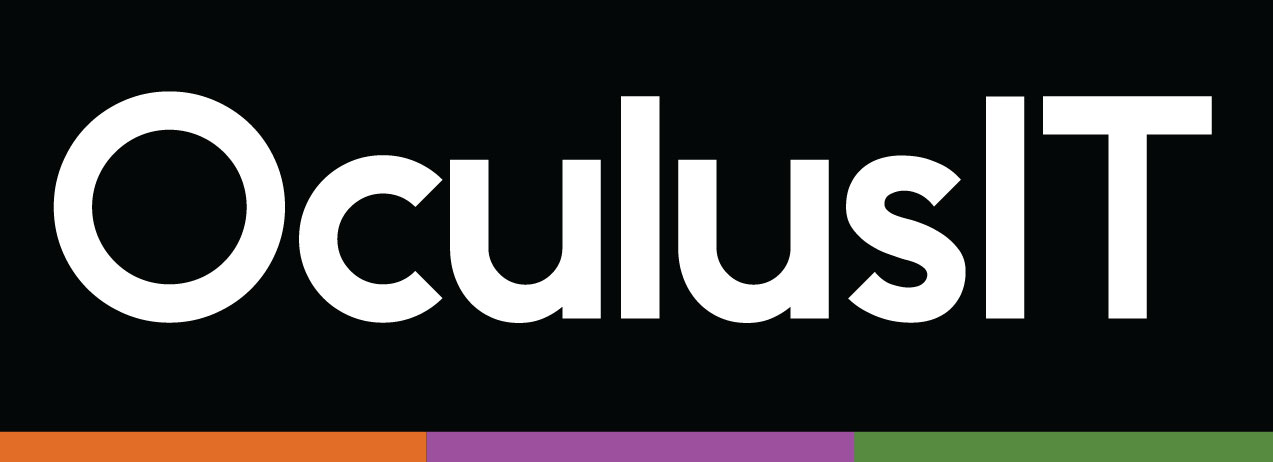
Cybersecurity Challenges Unique to Higher Ed: How CISOs Can Help
October 03, 2023
As we step into Cybersecurity Awareness Month, it’s more evident than ever that higher education institutions are confronting an ever-evolving landscape of cybersecurity threats. With a treasure trove of sensitive data, including student records, research findings, and financial information, higher education institutions are prime targets for cyberattacks. However, the challenges in securing these institutions go beyond what many other organizations face. This is where Chief Information Security Officers (CISOs) come into play, offering a specialized approach to safeguarding the digital assets of higher education institutions.
The Higher Ed Cybersecurity Landscape
Higher Education faces unique cybersecurity challenges because of its unique environment. Some of these challenges facing higher education are listed below:
- Openness and Collaboration: Universities thrive on open information sharing and collaboration. While this fosters innovation, it also creates a vulnerability.
- Diverse User Base: Higher ed institutions serve a diverse community, including students, faculty, staff, and external partners. Managing access and permissions can be complex.
- BYOD (Bring Your Own Device): With the concept of BYOD, students and faculty often use personal devices for academic and administrative tasks, which can introduce security risks if not properly managed.
- Legacy Systems: Many higher education institutions still rely on legacy systems that may lack critical security updates and pose a significant risk.
- Budget Constraints: Limited budgets pose significant risks to higher education institutions as it makes it challenging to invest in cutting-edge cybersecurity technology and hire in-house security experts.
How CISOs can help!
Chief Information Security Officers are experts in their field, offering a cost-effective solution for addressing these unique challenges. Here’s how CISOs can help your higher education institution cater to these challenges:
- Tailored Strategies: Chief Information Security Officers (CISOs) recognize that a uniform approach is ineffective within the realm of higher education. Instead, they craft tailored strategies that meticulously consider the unique cultural, policy, and security requirements of your institution.
- Risk Assessment: CISOs perform comprehensive risk assessments to identify vulnerabilities unique to the institution. This includes assessing the security of research data, intellectual property, and student information.
- Compliance Management: CISOs remain up-to-date with the latest updates and evolving regulations such as the FERPA, HIPAA, GLBA, and GDPR to ensure the institution’s ongoing compliance.
- Incident Response: CISOs remain vigilant with the preparation of incident response plans in order to minimize any kind of damage and ensure a swift recovery.
- Security Awareness: CISOs work on fostering the maximum-security culture within your higher education institution.
- Continuous Monitoring: CISOs keep a keen eye on your institution’s systems and networks. They implement robust monitoring tools to detect and respond to threats promptly.
- Future-Proofing: CISOs also keep a vigilant eye on emerging threats and technologies, helping institutions stay ahead of the curve in cybersecurity.
However, we know that hiring a full-time Chief Information Security Officer (CISO) for your higher education institution undoubtedly comes with a hefty price tag, which can be a significant financial burden. While the exact cost can vary widely depending on your institution’s size, location, and specific needs, you can expect an annual salary that ranges from $120,000 to $250,000 or more. When you factor in additional expenses such as benefits, office space, and the cost of building an in-house security team, the investment can quickly escalate.
For many higher education institutions, especially those with limited budgets, this level of financial commitment may not be feasible. However, the good news is that there is a cost-effective alternative – Virtual Chief Information Security Officer (vCISO) services offered by OculusIT. By opting for vCISO services, you gain access to top-tier cybersecurity expertise without any significant financial overheads.
OculusIT vCISO Services:
vCISOs from OculusIT specialize in addressing the unique cybersecurity challenges faced by higher education institutions. They bring tailored strategies, risk assessments, compliance management, and incident response plans to the table, all at a fraction of the cost of hiring an in-house CISO. Moreover, they offer flexibility, scalability, and the ability to adapt to your institution’s changing needs, making them an ideal solution for safeguarding the digital assets and reputation of your higher education institution.
Contact us today to hire a vCISO for your institution’s cybersecurity needs.
Recent Articles

























